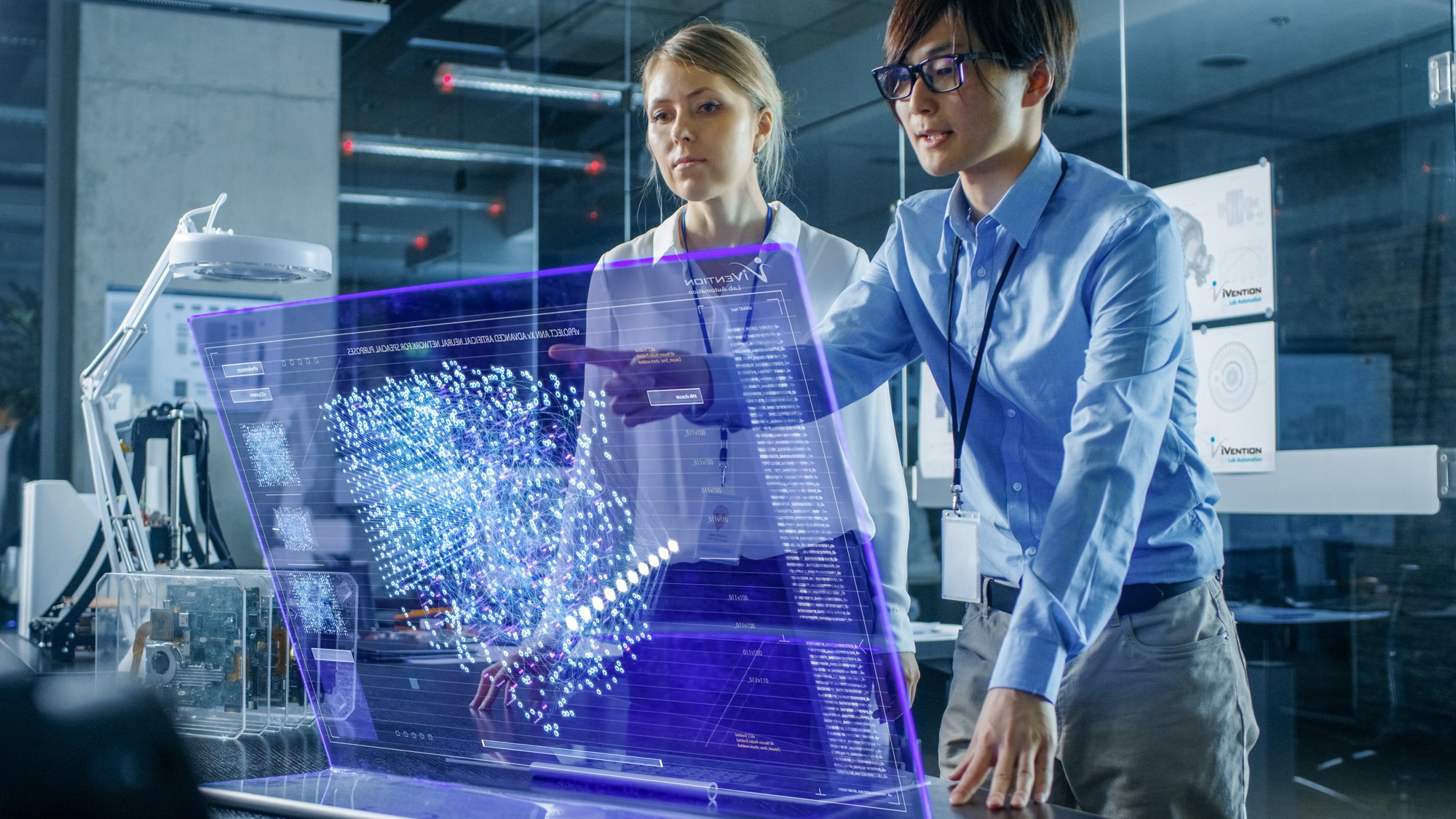As partners in digital solutions, we understand the complex demands faced by laboratory leaders daily: meeting the highest quality standards, ensuring efficient workflows, and continually fostering innovation. In this highly demanding environment, the iLES Platform is our response today to the challenges of tomorrow – an advanced solution that redefines productivity, efficiency, and digitalization in laboratories. iLES transcends conventional laboratory information management systems, offering an intelligent, fully connected, and flexible laboratory environment tailored precisely to your team's specific needs.
The iLES Platform: Redefining Productivity, Efficiency, and Digitalization Opportunities
Feb 12, 2024 11:45:00 AM / by Paul Planje posted in LIMS, Lean Lab, Digitalisation, Platform, iLES
The 5 Key Trends for Greater Efficiency and Sustainable Work
Jan 15, 2024 1:00:00 PM / by Paul Planje posted in LIMS, Digitalisation, Platform, Digital transformation, Digitalization, _Platform, iLES, Informatics
The start of the new year is the perfect opportunity to take a look at the trends and developments that will shape the field of laboratory digitization in 2024 and beyond. Here are the five key trends to watch:
The iLES platform
Dec 11, 2023 11:45:00 AM / by Paul Planje posted in LIMS, Digital transformation, Digitalization, iLES
We at iVention are convinced that the future of research lies in digitalization! With our innovative iLES platform, we support laboratories in their digital transformation with powerful information management. iLES combines state-of-the-art technology with user-friendly, user-oriented concepts. Efficiency, flexibility and innovation are completely redefined by iLES, while you retain control of your data and processes at all times. With iLES, we are setting a new standard for laboratory information management that can make your research more efficient, more secure and more future-oriented. But what exactly does the platform do in day-to-day laboratory operations?
Process optimization in Lab 4.0
Nov 27, 2023 11:45:00 AM / by Paul Planje posted in LIMS, Lean Lab, Digitalisation, DigitalTransformation, iLES, Cloud Technology
-the advantages of the iLES platform from iVention
In a laboratory, precise and quickly available data can be the decisive competitive advantage. If you want to break down your data silos and benefit from the many advantages of powerful Lab 4.0 technology - then you should take a look at our iVention iLES platform. iLES goes far beyond traditional data management and offers your laboratory an integrated, scalable platform that fits seamlessly into your laboratory's existing IT infrastructure. With iLES, your laboratory can not only increase the efficiency of ongoing processes, but also ensure compliance with stringent regulatory requirements - while supporting the transition to a completely paperless operation.
Scientific data management systems (SDMS)
Sep 11, 2023 11:45:00 AM / by Paul Planje posted in LIMS, Platform, Digital transformation, Digitalization, iLES, Informatics
Scientific data management systems (SDMS): a revolution in the laboratory world
In the current fast-paced scientific landscape, efficient data management solutions are essential. Scientific data management systems (SDMS) are at the heart of this ongoing digital revolution. SDMS enable laboratories to manage their data more efficiently while ensuring regulatory compliance.



